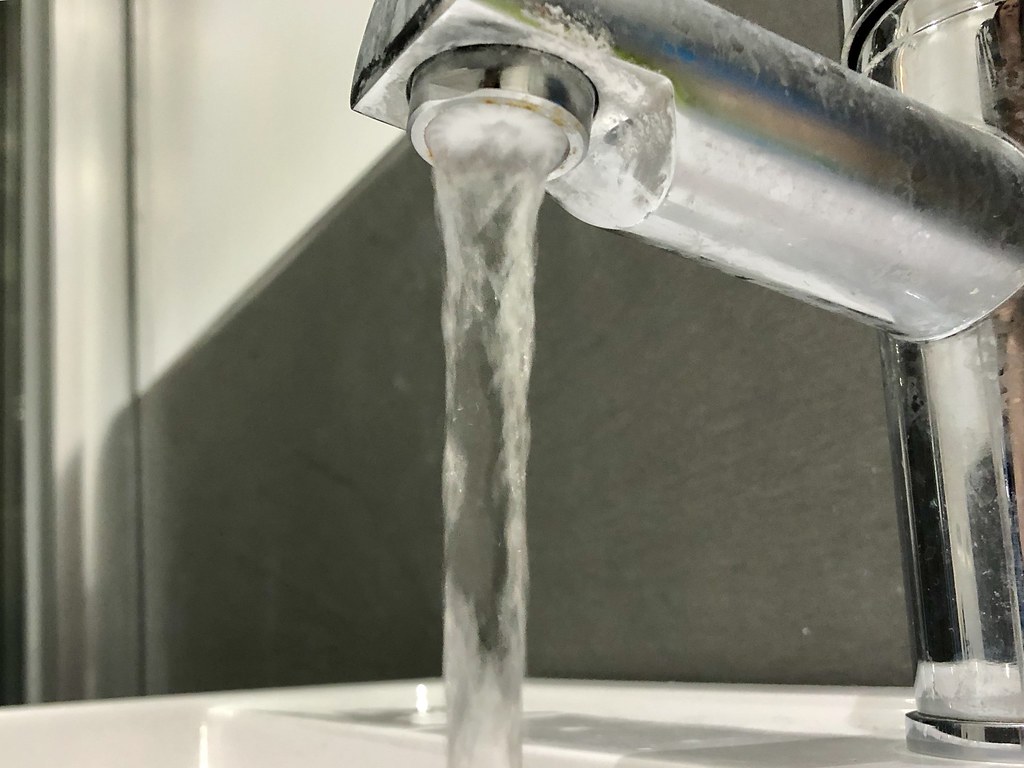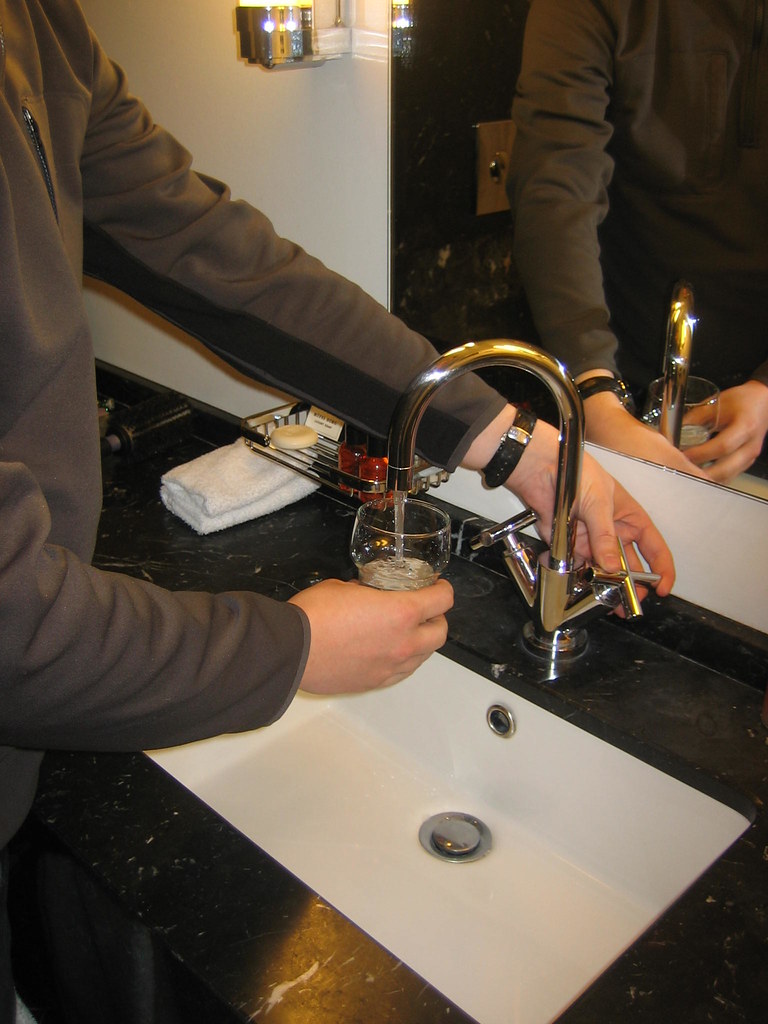
Chlorine is a chemical that is used to prevent bacteria overgrowth in water supply, as well as for sanitation for sewage and industrial waste. It is also an ingredient in several household cleaning products.
Chlorine poisoning can occur when you swallow or inhale chlorine. It reacts with water inside and outside of the body (such as the water in your digestive tract) to form hydrochloric acid and hydrochlorous acid. Both of these substances are extremely poisonous.
Chlorine could make your skin and hair rough and brittle too.
The risk of exposure to chlorinated water:

- According to the U.S. Council of Environmental Quality, the cancer risk to people who drink chlorinated water is 93 percent higher than among those whose water does not contain chlorine.
- Research from the University of Nijmegen in the Netherlands discovered that people who swam in chlorinated pools or polluted waters as children had 2.2 to 2.4 times the risk of developing melanoma compared to those who did not swim in chlorinated waters.
- Male smokers who drank chlorinated tap water for more than 40 years had double the risk of bladder cancer as smoking males who drank non-chlorinated water.
The risk of chlorinated water on skin:
Carcinogenic chemicals called trihalomethanes (THMs), created as a byproduct of chlorinating water, can be absorbed through the skin. These chemicals do not degrade very well and are generally stored in the fatty tissues of the body such as the breasts, mother’s milk, blood, semen and other fatty areas. They can cause mutations by altering DNA, suppress immune system function and interfere with the natural controls of cells growth.
Therefore, people who regularly swim in chlorinated pools or take lots of showers or baths could be putting themselves at risk.
Chlorine is, essentially, bleach. And what comes out of our tap is, then, a mild bleach solution. Chloramine is the combination of bleach and ammonia. Is it healthy to drink bleach or ammonia?
Chlorinated tap water is the cause of skin irritant and can be associated with rashes like eczema. It destroys polyunsaturated fatty acids and vitamin E in the body while generating toxins capable of free radical damage known as oxidation. This is why adding antioxidant like vitamin E, selenium, evening primrose oil, flax seed oil and others to the diet is essential to dry skin and eczema.
Chlorinated water destroys much of the friendly bacteria intestinal floras that helps in the digestion of food and protect the body from harmful pathogens. Many chronic, digestive disorders as well as chronic skin condition like acne, psoriasis, seborrhea and eczema can be significantly improved by simply installing an effective water filter system and supplementing the diet with lactobacillus acidophilus and bifidus.
Chlorine and chloramines has been known to also aggravated asthma, especially in those children who make frequent use of chlorinated swimming pools. Chlorinated by-products also increase bladder, breast and bowel cancer.
